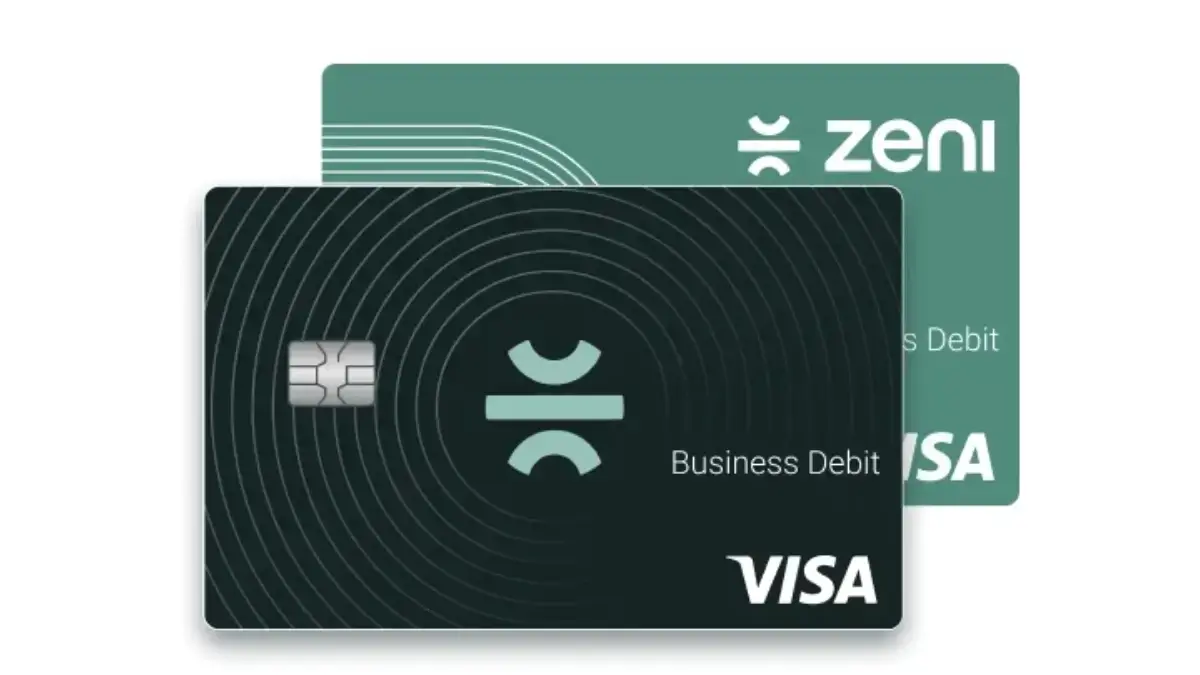
Kudos has partnered with CardRatings and Red Ventures for our coverage of credit card products. Kudos, CardRatings, and Red Ventures may receive a commission from card issuers. Kudos may receive commission from card issuers. Some of the card offers that appear on Kudos are from advertisers and may impact how and where card products appear on the site. Kudos tries to include as many card companies and offers as we are aware of, including offers from issuers that don't pay us, but we may not cover all card companies or all available card offers. You don't have to use our links, but we're grateful when you do!
How to Improve Credit Score: A Comprehensive Guide
July 1, 2025


Your credit score is more than just a number – it's a key that unlocks financial opportunities, from securing better interest rates to qualifying for premium credit cards. Whether you're starting from scratch or working to rebuild your creditworthiness, this guide will show you proven strategies to improve your credit score.
Understanding Your Credit Score
Before diving into improvement strategies, it's essential to understand how credit scores work. FICO® Score and VantageScore are the two main credit scoring systems used by lenders. These scores typically range from 300 to 850, with higher numbers indicating better creditworthiness.
Your credit score is influenced by several factors:
- Payment history (35%)
- Credit utilization (30%)
- Length of credit history (15%)
- Credit mix (10%)
- New credit (10%)
Kudos credit ranges are a variation of FICO® Score 8, one of many types of credit scores lenders may use when considering your credit card application.
Key Strategies to Improve Your Credit Score
Master Your Payment History
Your payment history is the most significant factor affecting your credit score. Late payments can stay on your credit reports for up to seven years. To maintain a positive payment history:
- Set up automatic payments for at least the minimum payment
- Create due-date alerts on your phone or calendar
- Use bill-payment apps to track due dates
- Consider working with a credit counseling service if you're struggling
Optimize Credit Utilization
Credit utilization, or the amount of credit you're using compared to your credit limits, significantly impacts your score. Financial experts recommend keeping your utilization ratio below 30%. Here's how:
- Request a credit limit increase from your credit card issuer
- Pay credit card balances multiple times per month
- Consider a balance transfer credit card for high-interest debt
- Monitor your credit utilization using credit score dashboards
Build Credit History Strategically
A longer credit history generally results in a higher credit score. Consider these approaches:
- Become an authorized user on a responsible person's credit card
- Open a secured credit card or credit-builder account
- Keep old accounts open to maintain a longer average credit age
- Mix different types of credit (auto loans, credit cards, etc.)
Advanced Tips for Credit Score Improvement
Monitor Your Credit Reports
Regular monitoring helps you catch errors and potential fraud early. You're entitled to free weekly credit reports from the three major credit bureaus (Experian, Equifax, and TransUnion) through AnnualCreditReport.com. Look for:
- Inaccurate personal information
- Fraudulent accounts
- Incorrect payment histories
- Wrong credit limits
- Outdated negative information
Address Negative Items
If you find negative items on your credit report:
- Dispute any inaccurate information with the credit bureaus
- Request goodwill deletions for one-time late payments
- Consider working with reputable credit repair companies
- Negotiate with collection agencies for potential settlements
Building Credit from Scratch
If you're new to credit or have a thin credit file:
- Start with a secured credit card or student credit card
- Try services like Experian Boost™ to get credit for utility payments
- Consider a credit-builder loan from a local credit union
- Look into rent-reporting services to build payment history
Avoiding Common Credit Score Mistakes
- Don't close old credit cards unnecessarily
- Avoid applying for multiple new credit cards at once
- Don't max out your credit cards, even if you pay in full
- Watch out for scam credit repair companies
Consider Using Kudos
While building your credit score, maximizing credit card rewards can help offset your financial journey. Kudos is a free AI-powered browser extension that helps you optimize your credit card rewards when shopping online. It automatically recommends the best card to use for each purchase, potentially earning you up to 5X rewards during special Flash Boost events.
Currently, Kudos is offering $20 back after your first eligible purchase — simply sign up for free using code "GET20" and make a purchase at a Boost merchant.
Our Expert Takeaway
Improving your credit score takes time and patience, but the financial benefits are worth the effort. Focus on making on-time payments, keeping credit utilization low, and regularly monitoring your credit reports. Remember, there are no quick fixes – building good credit is a marathon, not a sprint.
Frequently Asked Questions
How long does it take to improve a credit score?
Credit score improvements can typically be seen within 3-6 months of consistent positive credit behavior, though significant improvements may take 12-24 months or longer.
What is considered a good credit score?
A FICO® Score above 670 is generally considered good, with scores above 740 considered very good, and scores above 800 considered excellent.
How often should I check my credit score?
It's recommended to check your credit score at least monthly and review your full credit reports from all three credit bureaus every 3-4 months.
Can closing a credit card hurt my credit score?
Yes, closing a credit card can hurt your credit score by increasing your credit utilization ratio and potentially reducing your average credit age.
How many credit cards should I have to improve my credit score?
There's no magic number, but having 2-3 credit cards that you manage responsibly can help demonstrate good credit management and provide a mix of credit types.

Supercharge Your Credit Cards
Experience smarter spending with Kudos and unlock more from your credit cards. Earn $20.00 when you sign up for Kudos with "GET20" and make an eligible Kudos Boost purchase.
Editorial Disclosure: Opinions expressed here are those of Kudos alone, not those of any bank, credit card issuer, hotel, airline, or other entity. This content has not been reviewed, approved or otherwise endorsed by any of the entities included within the post.





























.webp)
.webp)
.webp)
%20(1).webp)
.webp)
.webp)


.webp)